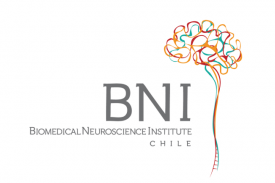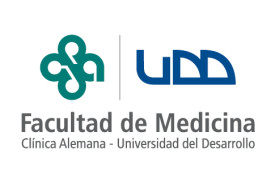
Postdoctoral position at Boston University in gene regulatory networks in the immune system Contact information: Dr. Juan Fuxman Bass.
Interested applicants should send a CV and cover letter.
Project description: Transcriptional regulation plays a fundamental role in proper immune development and homeostasis as well as in mounting immune responses against pathogens. Indeed, mutations in the regulatory regions of immune proteins such as cytokines, receptors and signaling molecules have been associated with multiple pathologies including autoimmune diseases, cancer and susceptibility to infections. After decades of research, however, many aspects of immune transcriptional regulation are still not well understood, as most studies have focused on only a few dozen of the ~1,500 human transcription factors (TFs) leaving a large portion of the gene regulatory network (GRN) unexplored. This bias towards a limited number of TFs is both historical and methodological, as TFs with available reagents are more highly studied and current methods such as chromatin immunoprecipitation (ChIP) test one TF at a time. The overall objective of our research program is to delineate and characterize an unbiased immune GRN by comprehensively identifying the TFs that bind to the regulatory regions of different immune genes and to determine which TF-DNA interactions are affected by disease-associated mutations in non-coding regions. To achieve this goal we will use an interdisciplinary approach that merges high-throughput interrogation of TF-DNA interactions, genomics, bioinformatics and cell biology. Our long-term goal is to answer central questions in immune regulation such as: through which mechanisms are immune genes regulated during inflammatory processes? How can we modulate the regulatory network in immune cells to more effectively respond to infectious diseases and pathological conditions? How do non-coding mutations impact immune gene expression leading to disease?
Qualifications:
• Ph.D. in biological sciences
• Experience in immunology and cell culture (required)
• Bioinformatics (recommended)
• Functional genomics (recommended)
• Molecular Biology (recommended)


¿Quieres dejar un comentario ?